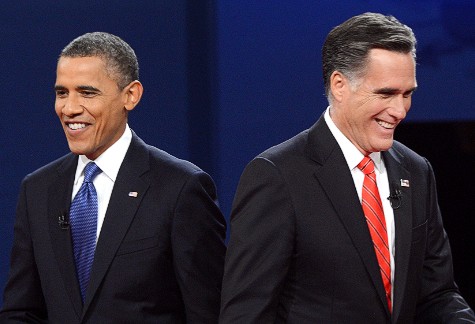This is a response to fellow classmate Susan “Ming Jee” Kim’s “Product Placement”

I recently watched the new 007 James Bond movie, Skyfall andI couldnt help but notice the ridiculously large amount of fancy luxury cars in the film. Nowadays, product placement plays an extremely large role in movies. However, I could not imagine how many different brands of cars were included into the english action thriller when usually, movies would only have one automobile brand. With Audi, BMW, Mercedes, Jaguar, and of course the infamous Aston Martin just to name a few, Skyfall definitely makes the other action movies feel mediocre.
Although like my class Susan, who’s tempted to purchase certain products after watching a movie, I am not capable of buying these luxury cars. But I did take one thing out of watching the movie, and that is how important a brand is for a company. It is all about advertising and brand positioning. Thanks to the marketing lectures, I can learn to appreciate my favorite movies even more by understand the caliber of the movie based on how many product placements they have.






